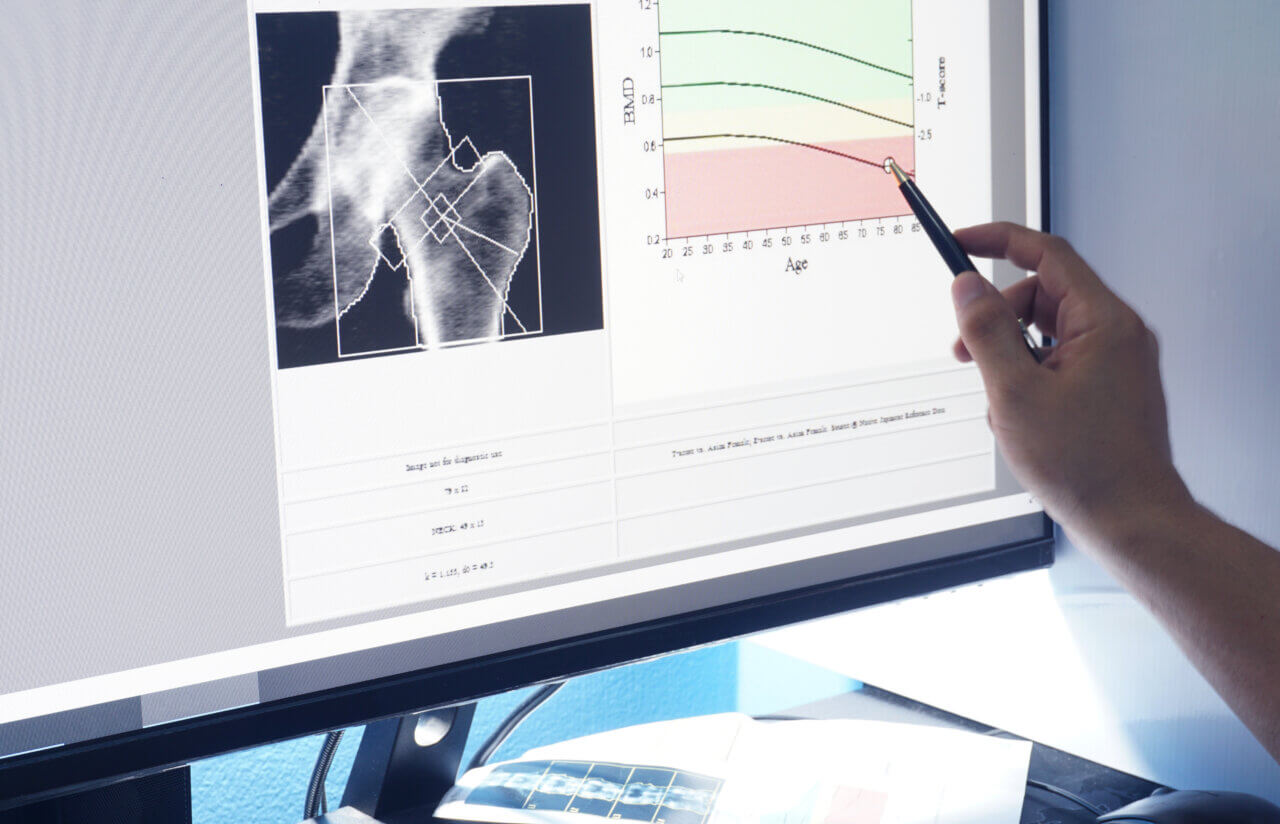Reasons to See an Endocrinologist

An endocrinologist is a doctor who specializes in diagnosing and treating hormone-related diseases. Hormones regulate many processes in the body, from growth and reproduction to breathing and metabolism.
If you develop a hormone imbalance gradually or suddenly, it can cause serious health problems. Consequently, it’s helpful to be familiar with the field of endocrinology and the conditions that fall under that umbrella.
Why Should I See an Endocrinologist?
People familiar with the field of endocrinology who aren’t feeling well but don’t know why may wonder, “Should I see an endocrinologist?” Below are some common conditions that an endocrine specialist can diagnose and treat.
Diabetes
The symptoms of diabetes include fatigue, excessive thirst, and blurred vision. It’s the most common hormone-related condition in the U.S. An endocrinologist can help you determine if you have diabetes and design a treatment plan to manage it.
Osteoporosis
Osteoporosis is a condition that weakens the bones. As we age, the level of sex hormones in our bodies decreases. That decline is one factor that increases the risk of developing this condition and being more susceptible to broken bones. Treatment for osteoporosis focuses on decreasing bone loss and strengthening bones.
Thyroid disorder
Thyroid disorder is the second most common hormone-related condition seen by endocrinologists. The thyroid gland helps regulate your body’s metabolism. Too much or too little thyroid hormone can cause several symptoms, including undesirable weight gain or loss. Doctors typically treat this condition with medications that control the symptoms.
Polycystic ovary syndrome
Women with this condition have higher levels of insulin and male hormones called androgens. PCOS can cause enlarged ovaries, metabolic issues, irregular periods, and cysts. The metabolic problems may increase with age and include hair loss and weight gain.
Low testosterone
So-called “low T” affects men, causing fatigue, hair loss, muscle weakness, erectile dysfunction, and other symptoms. An endocrinologist may recommend hormone replacement therapy to treat the condition.
Endocrine gland cancer
This term refers to conditions like pituitary cancer, thyroid cancer, parathyroid cancer, and adrenal cancer. All of them can cause problems with hormone levels. If you have one of these cancers, you’ll likely be treated by an endocrinologist and a cancer specialist called an oncologist.
When Should I See an Endocrinologist?
The symptoms of an endocrine disorder can be hard to pinpoint, especially when the condition is first developing. But if you get the sense that “something isn’t right” with your health, it’s a good idea to talk with your primary care doctor.
If they believe you may have a hormone-related condition, they can refer you to an endocrinologist for testing. If the test results confirm that you have an endocrine disorder, the endocrine expert can work with your primary care doctor to develop a treatment plan.
Learn About Endocrinology at Baptist Health
Get more information on what an endocrinologist is from Baptist Health. If you feel you may have an endocrine condition, contact your primary care physician or find a provider in our online directory.



